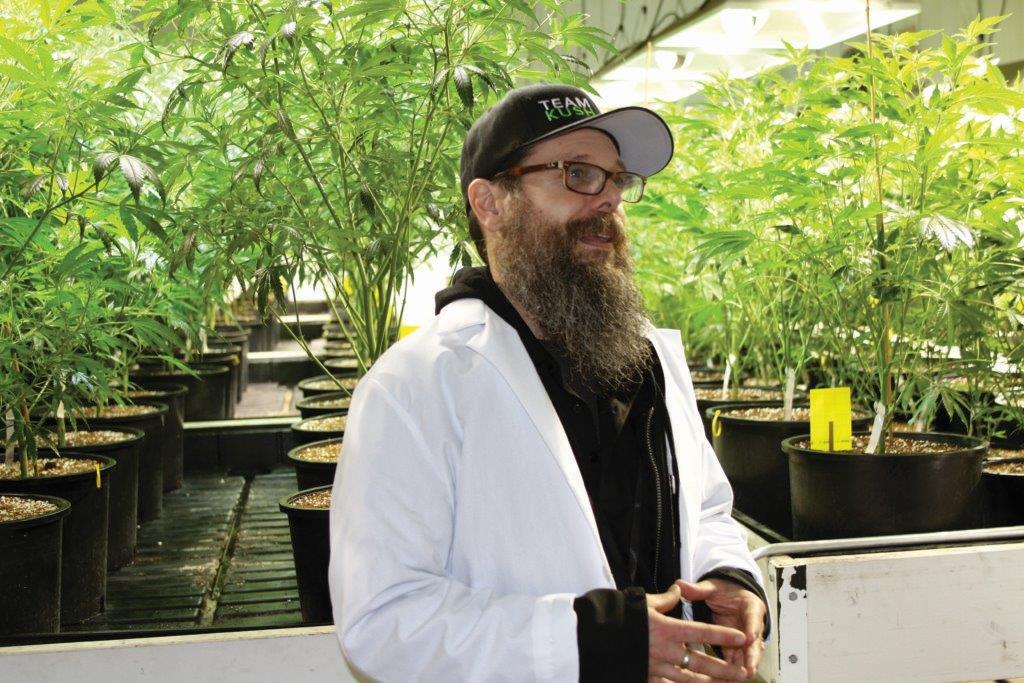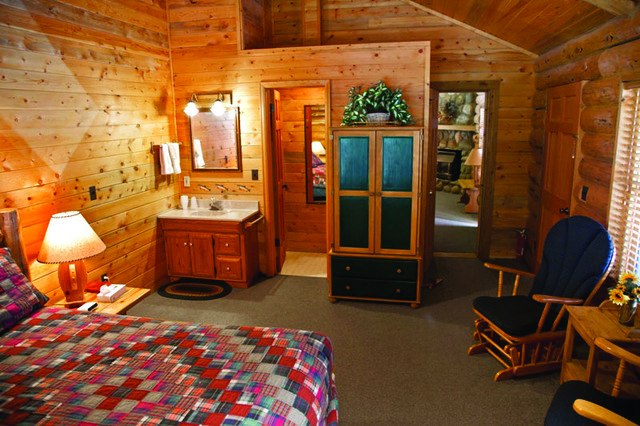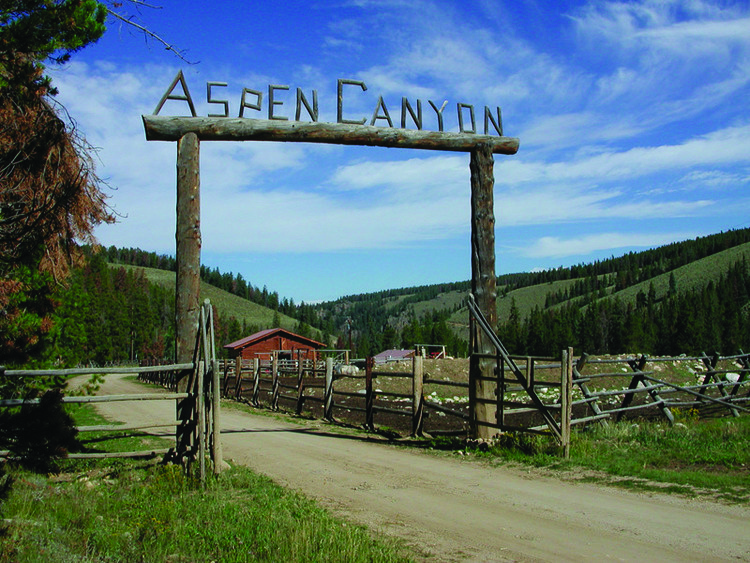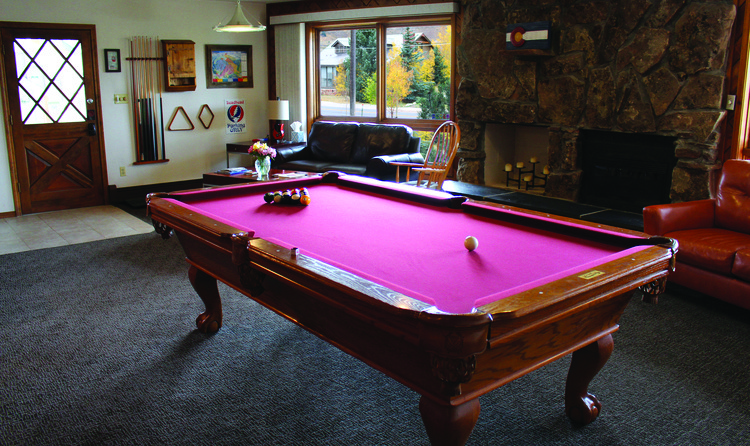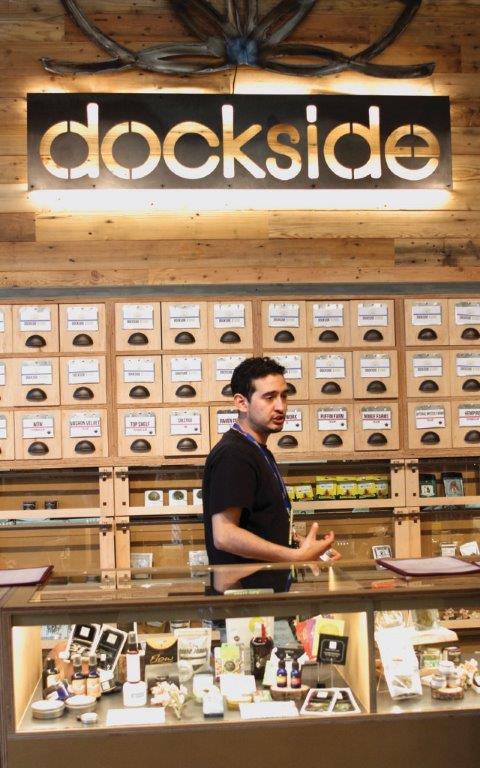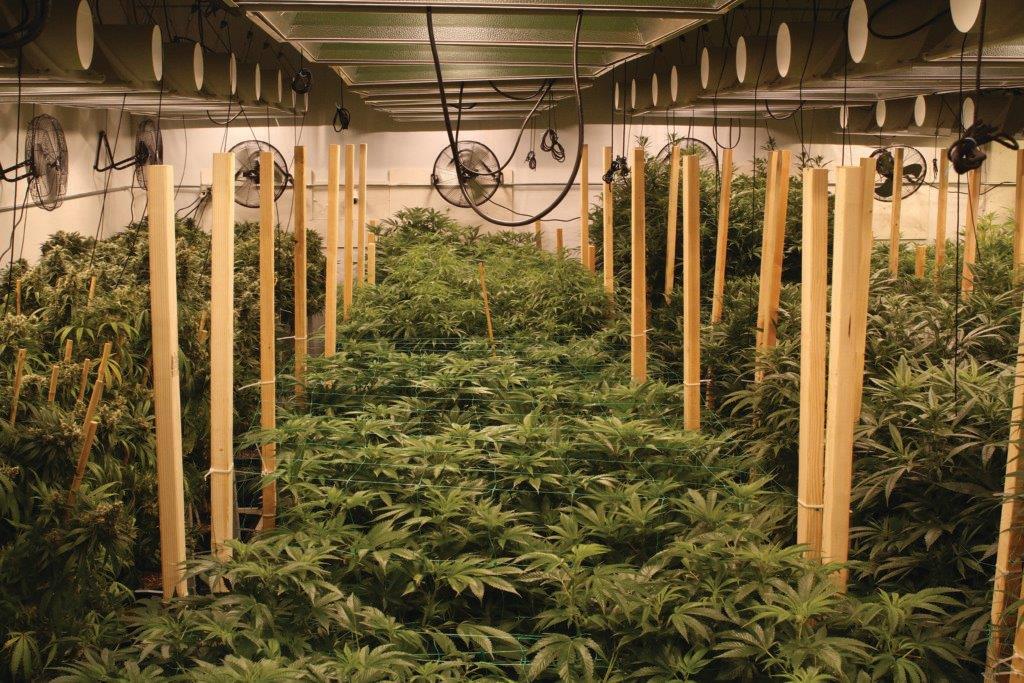
Kush Tourism
Seattle-based Kush Tourism offers a variety of tours and activities to give cannabis enthusiasts a behind-the-scenes look at different facets of the industry. A recent tour visited five businesses in Seattle.
The Boro School at 7 Point Studios
Ever wonder how glass pipes are made? The tour begins with a live flame-working demonstration at The Boro School. Located inside 7 Point Studios, the school offers a full curriculum of glassblowing classes for beginners and experts, in addition to hourly studio rentals, group and private lessons and community events.
Dawg Star Cannabis
The trip to Dawg Star Cannabis educates tourists in the art of cultivation, while also pulling back the curtain of Washington’s regulated cannabis industry. The highlight of the trip is seeing lush green cannabis up close and personal in the veg and flower rooms.
Evergreen Herbal
Witness extraction and processing first-hand at Evergreen Herbal, the manufacturer of popular products such as the 4.20 Bar and Cannabis Quenchers. Learn more about CO2 and hydrocarbon extraction techniques and the production of edibles and beverages.
Dockside Cannabis & Seattle Cannabis Co.
The last stops of the tour include a pair of recreational marijuana shops in Seattle’s SODO district, where tourists can buy products from companies they visited.
When Colorado and Washington legalized cannabis for recreational use in 2012, residents clearly took advantage of the new law, but so did people from outside the states’ boundaries. It didn’t take long for tour companies to begin sprouting up, as well as a handful of cannabis-friendly lodging establishments. But one potential roadblock for cannabis-based tourism also became evident: laws prohibiting public consumption and cannabis clubs.
Alaska and Oregon were next to legalize, and true to form for a state with pronounced libertarian leanings, Alaska left some wiggle room for public use. The state’s Marijuana Control Board voted to allow consumption in cannabis retail shops, but the particulars of the law are far from being finalized.
Last year, visitors spent almost $4 billion in Alaska. Meanwhile, tourism in Oregon is a $10.3 billion industry, and Washington tourists spent more than $19 billion in 2015. However, it’s been difficult to unearth solid statistics when it comes to people visiting cannabis-friendly states specifically for marijuana. The Colorado Tourism Office emphasizes that it does not conduct surveys with the goal of exploring marijuana’s impact on tourism, but some of the findings are valuable, nonetheless.
According to a survey conducted in 2015, 8% of people that visited Colorado also went to a marijuana retail store. Additionally, 6.8% of survey participants listed the availability of marijuana as the primary trip motivator, up from 2% the previous year. When asked if the legalization of marijuana would impact their decision to visit Colorado in the next year, 20% said they would be “more likely to visit,” while 15% said they would be “less likely to visit.” In 2014, Colorado welcomed a record-setting 71.3 million visitors that poured $18.6 billion into the state’s economy. Official numbers from 2015 aren’t yet available, but it’s easy to extrapolate that a substantial amount of money was spent from the 6.8% of visitors who were there primarily because of legal marijuana. Despite the data, Colorado and other states that have legalized marijuana for recreational use don’t currently plan on promoting the industry. As the laws currently exist, the Colorado Tourism Office is not allowed to market marijuana to out-of-state visitors. Retail marijuana establishments are bound by the same regulations. But how big of an obstacle do marketing restrictions present?
According to Mary Jane Group CEO Joel Schneider, advertising avenues are limited. The company, which owns and operates several Bud+Breakfast lodges in Colorado, isn’t allowed to advertise with Google or Facebook, Schneider says.
While marketing is one roadblock, Schneider sees industry growth and expansion as inevitable.
“It’s just a matter of time and politics,” he says. “It’s going to continue to thrive and expand, especially the experiential aspects of legalization.”
Not only are the Bud+Breakfast properties offering cannabis-friendly lodging, but they’re also spearheading the vacation industry in other ways, including concierge services to guide the unindoctrinated.
In Seattle, Kush Tourism is the largest cannabis-focused tour operator in the Northwest. Typical tours give visitors an inside look at a state-licensed commercial grow operation, among other cannabis-related stops.
According to Kush Tourism CEO Michael Gordon, limitations on marketing might not be much of an issue.
“Amsterdam doesn’t need to advertise,” claims Gordon. “Everybody knows that you can go there, and buy and consume marijuana.”
In terms of where the industry is now and the potential for expansion, Gordon says there’s still a stigma attached to marijuana.
“As that dissipates, the industry will grow,” he says.
Bud+Breakfast
Bud+Breakfast is one of the most notable companies that offers cannabis-friendly lodging in Colorado. The company’s goal is to “provide luxury accommodations in safe, comfortable, and social environments, and our high standards in quality, education and hospitality consistently exceed our guests’ expectations,” according to its website. Several properties are located in different regions of the Mile High State
The Adagio:
Denver’s first cannabis-friendly lodge features six uniquely decorated suites that are modeled like a traditional bed and breakfast.
Aspen Canyon Ranch:
The resort combines two of Colorado’s cornerstones — the Rocky Mountains and legal marijuana. The Parshall property gives visitors a traditional ranch setting with all the modern amenities.
Bud+Breakfast at Silverthorne:
Tucked away in the charming town of Silverthorne, this Grateful Dead-themed property offers five private guest suites among two floors.
Hotel San Ayre:
Nestled between historic vacation and shopping districts, the Hotel San Ayre is a contemporary, boutique-inspired lodge located in the heart of Colorado Springs. The property is surrounded by breathtaking views and is within walking distance of Garden of the Gods, Red Rock Canyon Park, Old Colorado City and more.
Despite the fact that legal public consumption is all but non-existent, the industry is growing exponentially. The sample size may be small, but Gordon has seen his tour business grow nearly tenfold from year one to year two. So far, the “if you build it, they will come” ethos appears to hold true.
Meanwhile, Alaska’s progressive approach to on-site consumption at retail stores could put it at the forefront of cannabis tourism.
Tracy LaBarge is an entrepreneur looking to capitalize on the state’s new laws. She owns the restaurants Salt and Tracy’s King Crab Shack in Juneau, among other successful ventures. A proponent of legalization in her state, LaBarge hopes to open a vape lounge in one of her restaurants soon, but there are still hurdles. And according to LaBarge, they’re due to red tape, including conditional use permits and sunset clauses.
“Mostly because (lawmakers) want to have some control if it all goes wrong,” she says. “It’s mostly fear-based and lack of education. I think that will loosen up after a year of business.”
LaBarge maintains an optimistic outlook for legalization and the industry’s future.
“Unless something crazy happens on a federal level, I believe up to six to eight more states will be legal in the next few years (and) 15 to 18 in the next five,” she says. “It will be legal in most places in the next 10 years. It is already becoming more commonplace. People talk about it openly and more often. We are hoping the states trickle in to preserve an industry that we are carefully trying to navigate and evolve. We want to move organically and methodically without the influence of large corporate entities.”
The future of tourism
As it stands, cannabis tourism focuses on giving visitors a behind-the-scenes look at how the industry operates, from farm to retail, and providing consumers the opportunity to purchase and use marijuana at privately owned lounges and lodging facilities. If current growth is any indicator, cannabis tourism will remain a relevant and viable enterprise. But a more realistic growth arc will probably include a domino effect of state legalization and a slow, steady shift in public perception, thanks in large part to increased awareness and recent studies trumpeting marijuana’s potential health benefits. The next significant step for the industry will probably occur this coming election.
In November, residents will vote on measures to legalize cannabis in several states, including Arizona, Massachusetts, California and Nevada.
If ever there were a state set up to embrace marijuana tourism, look no further than Nevada. The Silver State has a well-documented history for regulating vice, which could serve it well in a few ways. As a community, Las Vegas is built on acceptance of pursuits that are less tolerated elsewhere.
But perhaps even more important is the city’s expertly honed ability to regulate. When recreational marijuana use becomes legal in Nevada, there won’t be much ambiguity. There are already a number of businesses and community leaders that are ready to take full advantage of yet another opportunity to bring in tourist dollars. Expect gaming and cannabis to be separately regulated entities. If that is in fact the case, it’s within the realm of possibility that a handful of hotels will bow out of gaming to embrace the brave new world of marijuana.
Even if full legalization happens, it’s not likely that Nevada will steal other states’ thunder. In states like Alaska and Colorado, natural beauty and outdoor recreation will remain the primary lure for tourists. Washington and Oregon also have thriving tourism niches that will almost assuredly continue to be the headlining acts for visitors. Legalized marijuana will serve as the icing on the cake, or in some cases, even the deciding factor in choosing one place over another when planning a vacation. But will any state or region take it a step further and attempt to ensconce itself as the Napa Valley of cannabis? That remains to be seen.
As tourism bureaus, business owners and civil servants begin to recognize marijuana tourism as a potential multi-billion dollar industry ready to be spearheaded, the industry will grow and morph commensurately. Much like the plant itself, it appears that the cannabis tourism industry will thrive without much outside help or influence. But those who embrace it and really take steps to cultivate it have the opportunity to get in on the ground floor of an industry that is poised to make a lot of people a lot of money, for a very long time.



